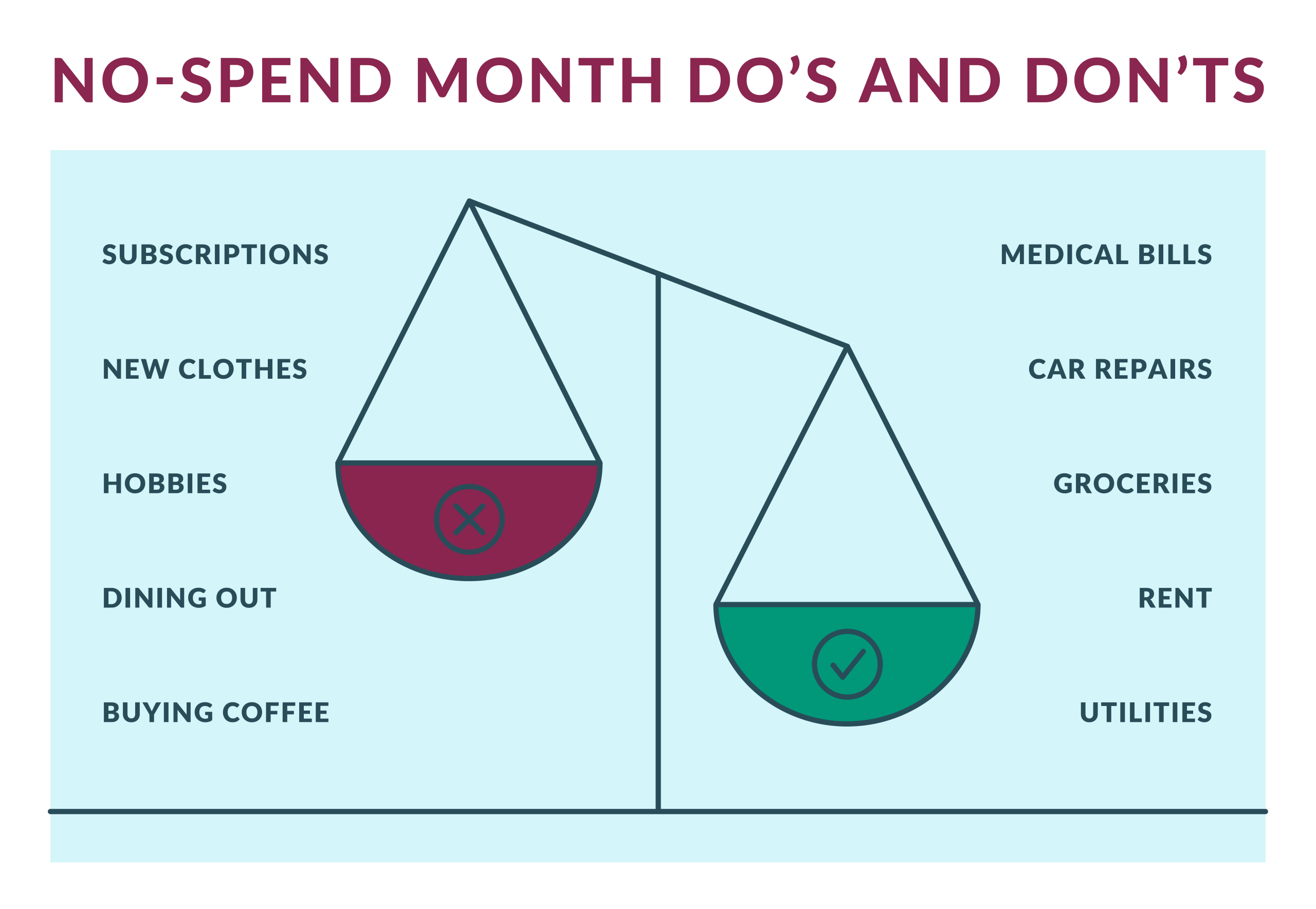Anúncios
In times of financial need, personal loans can be a useful and accessible tool to meet immediate cash demands.
However, understanding how this type of loan works and being aware of the best practices to ensure a smooth and favorable process is essential.
Read on in this article to learn what a personal loan is and tips to get yours.
What is a Personal Loan?
A personal loan is a type of credit in which a financial institution lends a specific amount of money to an individual, usually without the need to offer an asset as collateral.
Unlike loans specifically for the purchase of a car or house, a personal loan offers flexibility in the use of the borrowed money.
Typically, the amount of the personal loan, interest rates, and repayment period are agreed upon between the borrower and the lender before the funds are released.
Repayment is usually made in fixed monthly installments over a specified period, which can range from a few months to several years, depending on the established contract.
Personal loans can be used for a variety of purposes, such as covering unexpected expenses, consolidating debts, financing personal projects, or investing in emerging opportunities.
It’s important to note that, like any form of credit, a personal loan involves the payment of interest and may incur additional fees, so it’s crucial to fully understand the terms of the contract before committing.
But How Does it Work?
The operation of personal loans is relatively simple. Here are the basic steps:
- Application: The process begins with the individual interested in obtaining a personal loan making an application with a financial institution.
- Credit evaluation: The financial institution evaluates the application and the applicant’s ability to repay the loan.
- Approval: If the application is approved, the borrower receives a loan offer detailing the amount to be lent, interest rates, repayment term, and any other conditions associated with the loan.
- Receipt of funds: Once the borrower accepts the loan offer, the funds are usually deposited into the borrower’s bank account or made available in another agreed-upon manner.
- Repayment: The borrower repays the loan in regular installments over time, according to the terms established in the contract. This typically includes payment of interest as well as a portion of the principal loan amount in each installment.
It’s important to remember that the terms and conditions of a personal loan can vary depending on the financial institution, the borrower’s credit history, and other factors.
It’s essential to read and fully understand all terms of the contract before accepting a personal loan.
Learn More About Personal Loans
Now that you know what a personal loan is and how it works, here are some more tips about this type of loan.
Interest Rates
Interest rates on a personal loan are a crucial part to consider as they directly affect the total cost of the loan. Interest rates can be fixed or variable, depending on the loan contract.
- Fixed Interest Rate: With a fixed interest rate, the rate remains constant throughout the life of the loan, meaning the borrower will pay the same amount of interest in each installment.
- Variable Interest Rate: With a variable interest rate, the rate can fluctuate over time based on a benchmark index, such as the prime interest rate.
It’s important to compare the interest rates offered by different lenders and understand how they may affect the total cost of the loan over time.
Stable Payments
An important feature of many personal loans is stable payments. This means that monthly payments are fixed throughout the loan period.
Stable payments provide predictability to the borrower, as they know exactly how much they need to pay each month, making financial planning easier.
With stable payments, borrowers can better manage their budgets, as they don’t have to worry about fluctuations in monthly payments due to variable interest rates.
Stable payments make it easier for borrowers to plan and meet their financial commitments, reducing the risk of default.
Repayment Term
The repayment term, also known as the repayment period, is the period of time during which the borrower must repay the loan.
This term is established in the loan contract and can range from a few months to several years, depending on the agreement between the borrower and the lender.
Personal loans with shorter repayment terms usually have higher monthly payments, but the total cost of the loan, including interest, tends to be lower.
These loans are suitable for those who want to pay off debt quickly and prefer to pay less interest in the long run.
Loans with longer repayment terms usually have lower monthly payments, but the total cost of the loan, including interest, may be higher due to the longer period of time over which interest accrues.
These loans are suitable for those who need lower monthly payments to fit their budget.
It’s important to carefully consider the repayment term when applying for a personal loan and choose a period that is comfortable for your financial situation.
Origination Fee
The origination fee, also known as a processing fee or opening fee, is a one-time fee charged by the lender to cover the costs associated with creating the loan.
This fee can be expressed as a percentage of the loan amount or as a fixed dollar amount.
The origination fee is an additional cost that the borrower should consider when calculating the total cost of the loan.
It is usually deducted from the loan amount before the funds are released to the borrower.
Origination fees can vary between different lenders and may also depend on the loan amount and the borrower’s credit score.
It’s important to compare origination fees when applying for a personal loan to ensure you’re getting the best possible offer.
By considering the repayment term and origination fee, borrowers can make more informed decisions when applying for a personal loan and ensure they are aware of all costs associated with the loan.
Top Tips for Getting Your Loan
Obtaining personal loans can be an important financial decision, and to ensure the process goes as smoothly as possible and you get the best terms, here are some helpful tips:
- Know Your Financial Needs: How much money do you really need to borrow, and for how long will you need the loan?
- Check Your Credit Score: Your credit score plays a crucial role in obtaining a personal loan and the interest rates you may receive.
- Compare Different Lenders: Don’t limit yourself to accepting the first loan offer you receive. Research and compare offers from different lenders, including banks, credit unions, and online loan platforms.
- Prepare Your Documentation: Before applying for a personal loan, make sure you have all the necessary documentation ready and organized.
- Avoid Excessive Applications: Avoid applying for too many loans, as this can signal to lenders that you are desperate for credit and may increase the risk of rejection.
By following these tips, you’ll be better prepared to obtain a personal loan that meets your financial needs and is favorable to your individual circumstances.
Always remember to read and fully understand the terms of the contract before signing any loan agreement.
Now that you know about personal loans and how they work, put the tips into practice and make the most of your money. And find more tips on our website.






